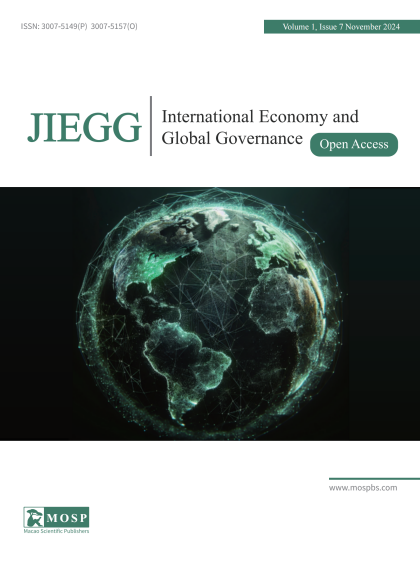Abstract
In the digital age, cyberspace has emerged as a new frontier for major power exploration and competition. Initially considered an auxiliary means of traditional combat, cyber warfare has evolved into an independent mode with significant impact, extending the nature and forms of conflict. It is imperative that nations recognize cyber warfare as an inseparable component of modern warfare and deeply understand the importance of strengthening data sovereignty in cyberspace. This concerns the fundamental aspects of national security and is crucial for maintaining the health of the global internet ecosystem. Furthermore, it is key to fostering peace and stability within our “global village”. By strengthening international cooperation to jointly address cybersecurity threats, humanity can take steps toward a safer and more prosperous digital future.
Keywords: Cybersecurity, Cyberspace Governance, Global Digital Governance
Download the full text PDF for viewing and using it according to the license of this paper.

